Earlier this week the Boy Scouts of America voted to end its ban on gay scout leaders. As an Eagle Scout myself—thanks to my angel mother—this was very welcome news. And while I applaud the leadership of Robert Gates, president of the BSA, it made me wonder about one of my least favorite U.S. Supreme Court cases: BSA v. Dale.
About fifteen years ago in New Jersey, a Boy Scout troop dismissed an assistant scoutmaster after learning that he was “an avowed homosexual and gay rights activist.” Dale, the erstwhile assistant scoutmaster, sued under New Jersey’s statute prohibiting discrimination on the basis of sexual orientation in places of public accommodation.
The lawsuit made its way up to the United States Supreme Court. The Court decided that the First Amendment’s implicit right of expressive association prevented Dale’s lawsuit.
The Court recognized that the right of expressive association is not an absolute right. Therefore, the Court had to examine the BSA’s viewpoints to determine whether the forced inclusion of Dale would impermissibly frustrate those viewpoints. The result of all this is that the BSA had to argue that its viewpoints were explicitly inconsistent with homosexuals.
Does it seem weird already? Cause it gets weirder. To prove that the BSA’s viewpoints were inherently in opposition to homosexuals, it turned to the Scout Oath and the Scout law.
On my honor I will do my best
To do my duty to God and my county
And obey the Scout Law;
To help other people at all times;
To keep myself physically strong,
Mentally awake, and morally straight.
A Scout is trustworthy, loyal, helpful, friendly,
courteous, kind, obedient, cheerful, thrifty,
brave, clean and reverent.
Did you catch it? The part where it says that Boy Scouts are inherently opposed to have homosexuals in their ranks? I didn’t either, but that didn’t stop the BSA.
They argued that “morally straight” meant sexually straight. That, of course, is crazy. I was active in scouting until 1998, right before BSA v. Dale. I memorized the Scout Oath and Scout Law. At no point in time did anyone ever make the connection between “morally straight” and sexual orientation. This seems more like a bad pun than a legal argument.
But it gets worse. The BSA also argued that “clean” in the Scout Law meant that homosexuals could not be Boy Scouts. What? Clean? When I was a scout this referred almost exclusively to hygiene and tidiness. How does that apply differently to members of the LGBTQ community?
So, as crazy and offensive as this argument was, the U.S. Supreme Court bought it. Understandably, the Court thought it should defer to a group when the group is explaining and defining its fundamental views.
Still, I have problem with the amount of deference. Just look at the rest of the Scout Oath and Law. Applying the same logic, it would also ban the following types of people:
1. The unhelpful
2. The physically weak
3. The sleepy
4. The untrustworthy
5. The disloyal
6. The unfriendly
7. Rude people
8. Mean people
9. Sad people
10. The financially irresponsible
11. The cowardly
12. The dirty
13. Loud people
Some of these kinds of people I would understand wanting to ban. (Sleepy people are the worst). But the physically weak? That’s seriously disturbing. Still, the Supreme Court took the BSA at their word that they could not allow homosexuals in their organization because they were not “morally straight” and were not “clean.”
So, now that the policy has changed, will the BSA change the Oath and Law? I don’t think they should. The twisted definitions of those terms seemed more like a pretext than anything else. Rather, I think the U.S. Supreme Court should reassess how much deference it gives to organizations that claim the right to discriminate.

